Warning: the following article contains images and the name of an Indigenous person who has died.
Tiffany Woodley’s family would like you to remember her as she was in life, not as another statistic of family violence.
Remember that she was a high achiever at school. She worked in a pharmacy. That she loved her kids, fiercely. That she was fun, a good neighbour, who liked to dress up and go out. Her aunt, Rosalie Kickett, says, “We need to keep that memory of her – that zeal she had for life. We need that zeal for us, to keep going.”
Tiffany was allegedly murdered at home in the Perth suburb of Bedford on August 7. She was a 35-year-old Indigenous woman, a strong woman, her family says. They want us to know her name, and remember her.
“She loved her name,” says Rosalie. “That’s who she was. We didn’t want her to be a nobody. She was our little princess – we used to dress her up when she was little.”
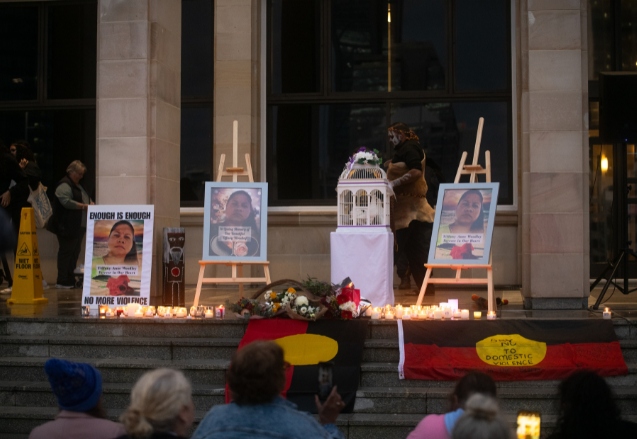
Last night, in Perth, the family held an emotional vigil on the steps of Parliament House, with those who knew and loved Tiffany gathered by candlelight to honour her life. It was not only an act of remembering, but also intended to send a message about domestic violence.
“Enough is enough,” her aunt says. “It has to stop. If it doesn’t stop now… there’ll be more women being a number. I never thought our baby would be a number. Number 42.” Tiffany’s death is marked by a red heart, among 42 others this year, on the Femicide online database, maintained by journalist Sherelle Moody.
Rosalie describes her niece as a strong woman, who cherished her three children, two of whom she shared with her former partner. He is now in custody and has been charged with her murder. Police say she died as a result of “extreme” violence.
Tiffany’s death was the second in Perth in two weeks. Georgia Lyall, 32, was shot and killed inside her home in a suspected murder suicide. Her former partner’s body was found after a house fire in another suburb on the same day.
Enough is enough. It has to stop. If it doesn’t stop now… there’ll be more women being a number.
A violent trend
The deaths of Georgia and Tiffany have sparked an outcry in WA, where the number of family-related offences has increased by about 35 per cent in the last year, compared to the five-year average, according to police figures.
Last year, WA experienced the highest number of reports of family assaults and threatening behaviour in nearly a decade – and those offences are on track to be even higher this year.
Organisations in the sector say crisis services are overwhelmed by demand and that this failure to cope is resulting in women dying.
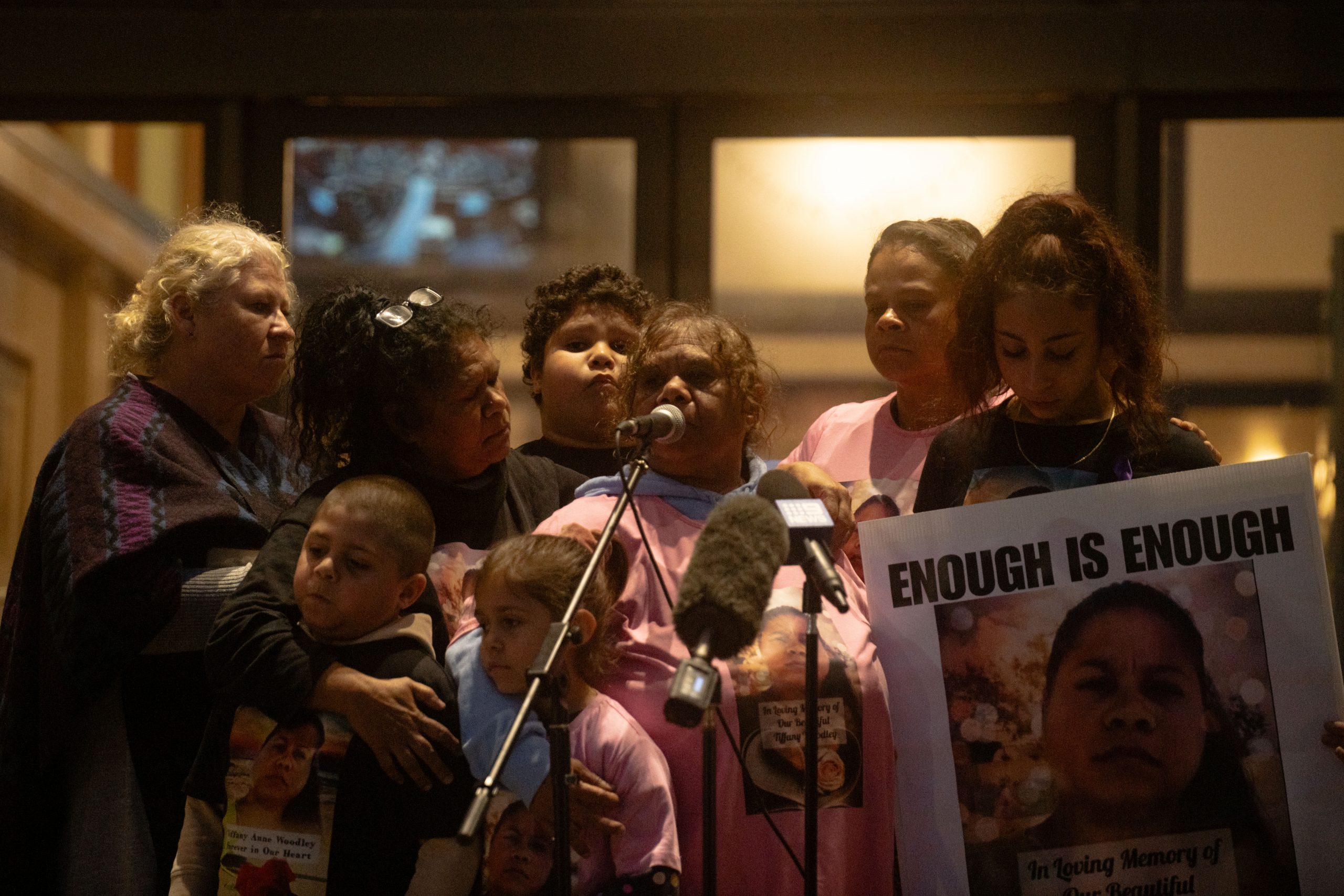
Anglicare WA delivers programmes for families, particularly those facing violence, across the state. Director of Services Philippa Boldy says Family and Domestic Violence teams are responding to a shocking number of cases, and blames an incomplete system, where there’s a lack of resources in the lead-up to a crisis, as well as the aftermath.
She believes the rise in the reported incidence of family violence has been mounting over time, caused by a number of factors – not just the cost-of-living crisis. “It’s a complex interplay of issues including societal norms and underfunding of the sector,” she argues. “It’s too easy to say, families are under pressure, and that’s why men are acting out.”
The Centre for Women’s Safety and Wellbeing, WA’s peak family violence advocacy group, is leading the push for an emergency summit – scheduled for August 31 – to include politicians and community groups, and to be focused on driving change. This is, they say, a crisis that requires much more than is currently being done.
We can’t hold our heads up and say we’re doing everything we can, we’re doing what we know needs to happen, we’re using the evidence to drive change as best we can. If we could say that, we’d feel better. But the fact is we know we’re not.
“There can’t be a return to normality, says CEO Dr Alison Evans. “We know it’s going to happen again, and that’s devastating. It makes you feel shameful and dreadful. We can’t hold our heads up and say we’re doing everything we can, we’re doing what we know needs to happen, we’re using the evidence to drive change as best we can. If we could say that, we’d feel better. But the fact is we know we’re not.”
At the summit, Dr Evans says she wants to hear from the government that they don’t think the current situation is OK. “We keep thinking how many of these shameful unspeakable murders are required before we actually start to work for change.
“I think to myself, imagine if we had leaders across Australia, who agreed with us that we’re not doing enough; agreed we need more resources; agreed we need to transform the system.”
Want to help? Tiffany Woodley’s family has set up a Go Fund Me page to raise money for the costs of her funeral and to support her three children.
If you or someone you know needs help, contact 1800RESPECT.




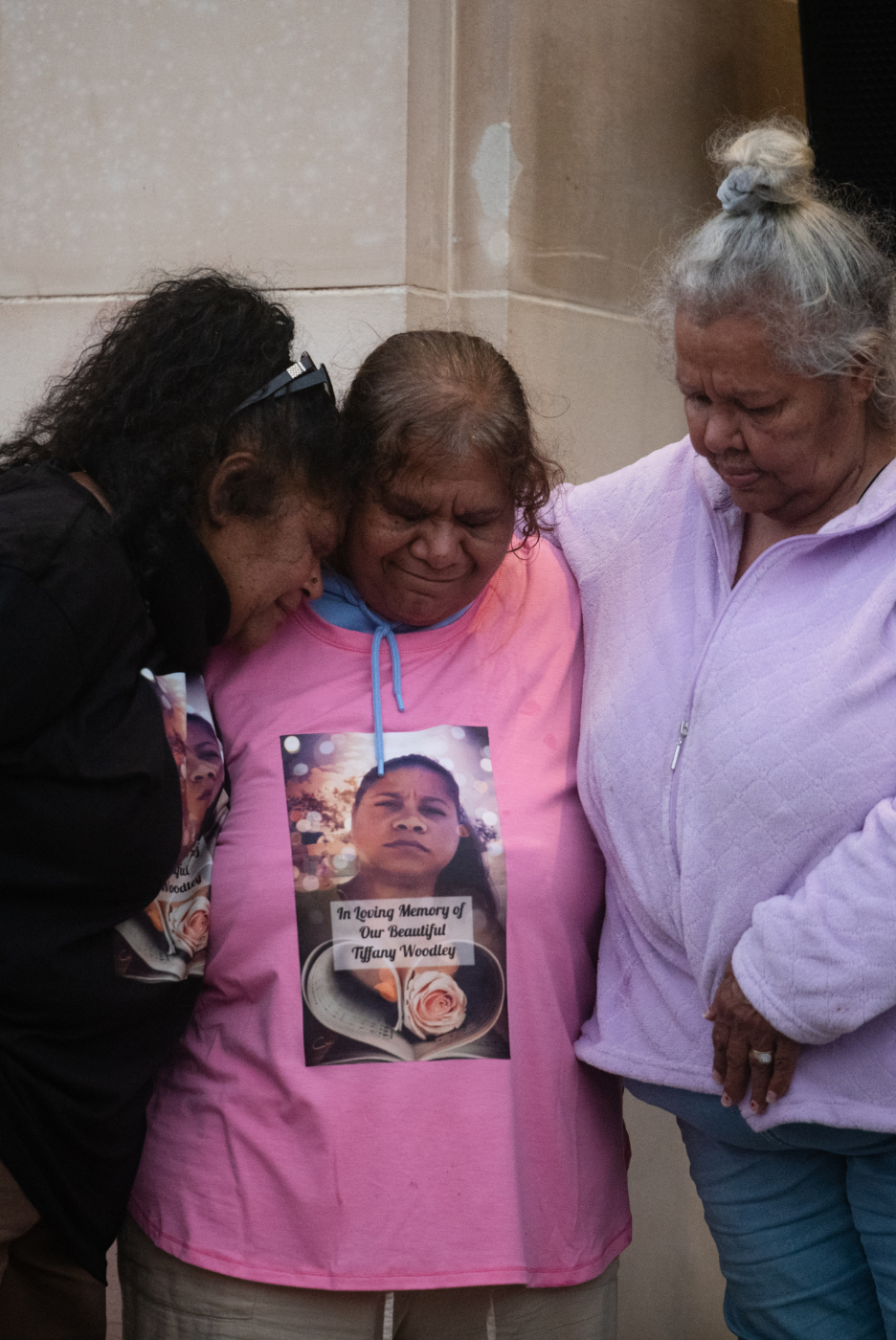
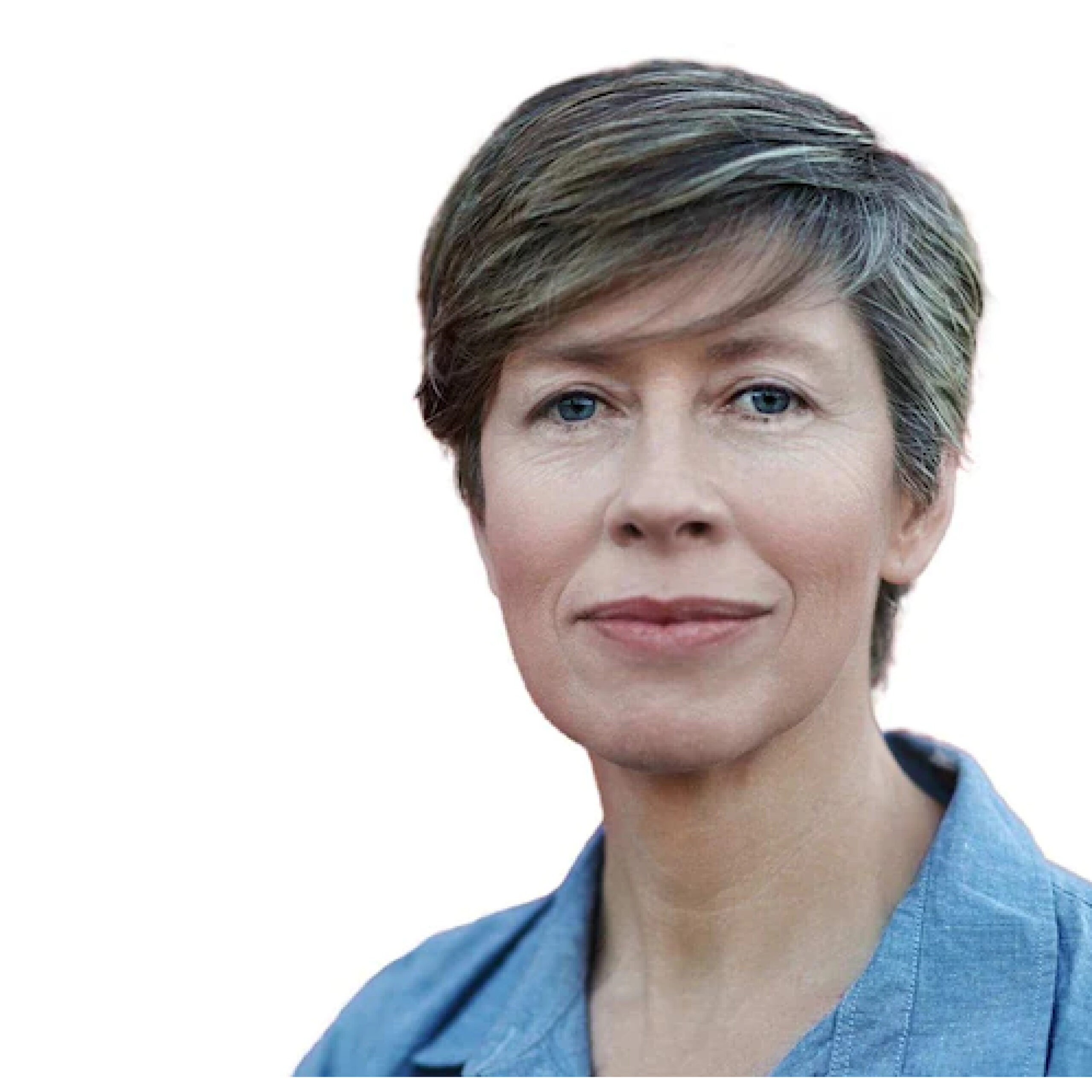



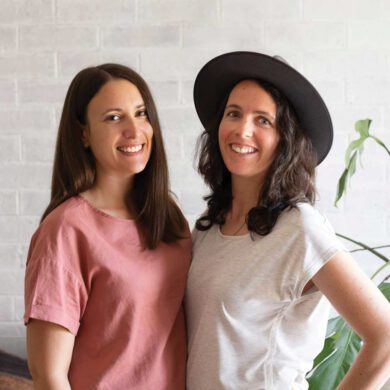


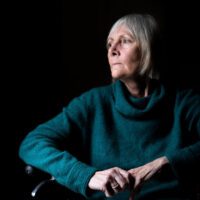
No Comments